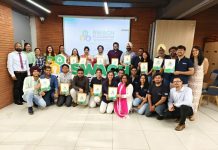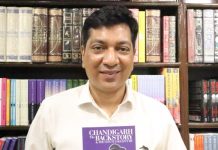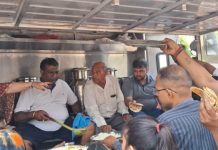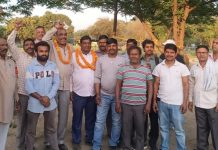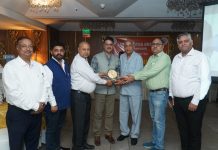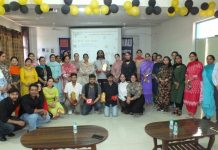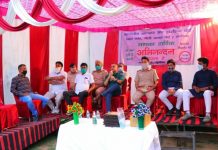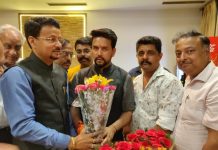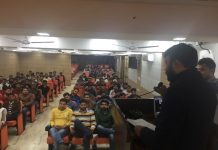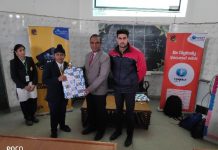
Mohali
28 September 2017
DIVYA AZAD
Enduring advancements in medical technology & clinical expertise over the last decade have ensured a 25% reduction in mortality during heart surgery. From a new-born baby to an 85-year old man, everyone can be operated successfully for heart ailments by an experienced heart surgeon at an advanced tertiary care hospital. Correct diagnosis, early and timely referral are the keys to saving lives, says Dr. T S Mahant, Executive Director, Cardio-Thoracic and Vascular Surgery, Fortis Hospital Mohali.
Keeping in view the augmenting rate of heart surgery challenges Dr. Mahant, said, “The threat of heart disease isn’t new. It has been staring at us for years, making us question every detail of our complicated lifestyle, diet, and level of physical activity. It has gradually become one of the leading causes of death in progressive India.”. However, he also claimed that with advent of technological advancements, a dip in mortality rate has been witnessed by 25%
According to a report published by The Associated Chambers of Commerce and Industry of India (ASSOCHAM), one of the apex trade associations, on the cardiovascular disease scenario in India, thecountry has seen a considerable increase in the number of heart disease cases over the past couple of decades.
“People no longer need to be scared of the word “heart surgery” since the risk factors in heart surgery have fallen considerably due to a refinement of skills and the use of advanced techniques. Now doctors, including cardiologists, cardiac surgeons, referring physicians and other specialists, work as a team on a patient undergoing heart surgery. Advanced techniques, like beating heart surgery, minimally invasive surgery, robotic surgery and the availability of an artificial heart have further reduced the risk factors.”, claimed Dr. Mahant.
“With the use of specialized equipment and techniques, a cardiac surgeon can now successfully operate upon a new-born baby with assistance from a skilled team that includes a pediatric cardiologist, a pediatric cardiac intensive care expert, and dedicated staff. With the help of Extra Corporeal Membrane Oxygenation (ECMO), a heart surgeon can allow more time to an intensive care expert working on a critical patient of reversible lung and heart diseases. New generation prosthetic valve and trans catheter valve implants (TAVI) have opened up new avenues in the management of heart valve disease and the development of an artificial valve has given a bridge to a heart failure patient waiting for a heart transplant”, he further added.




